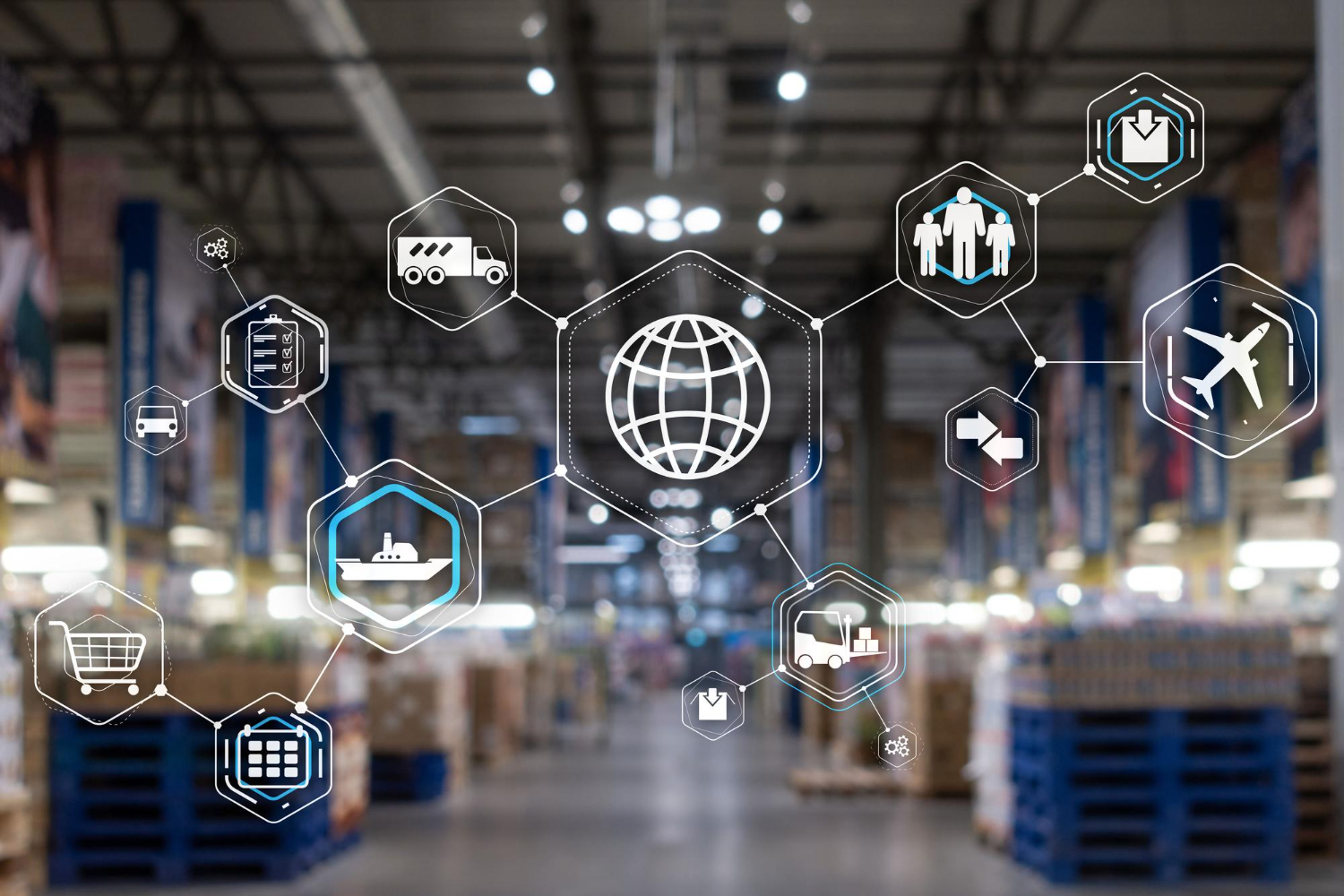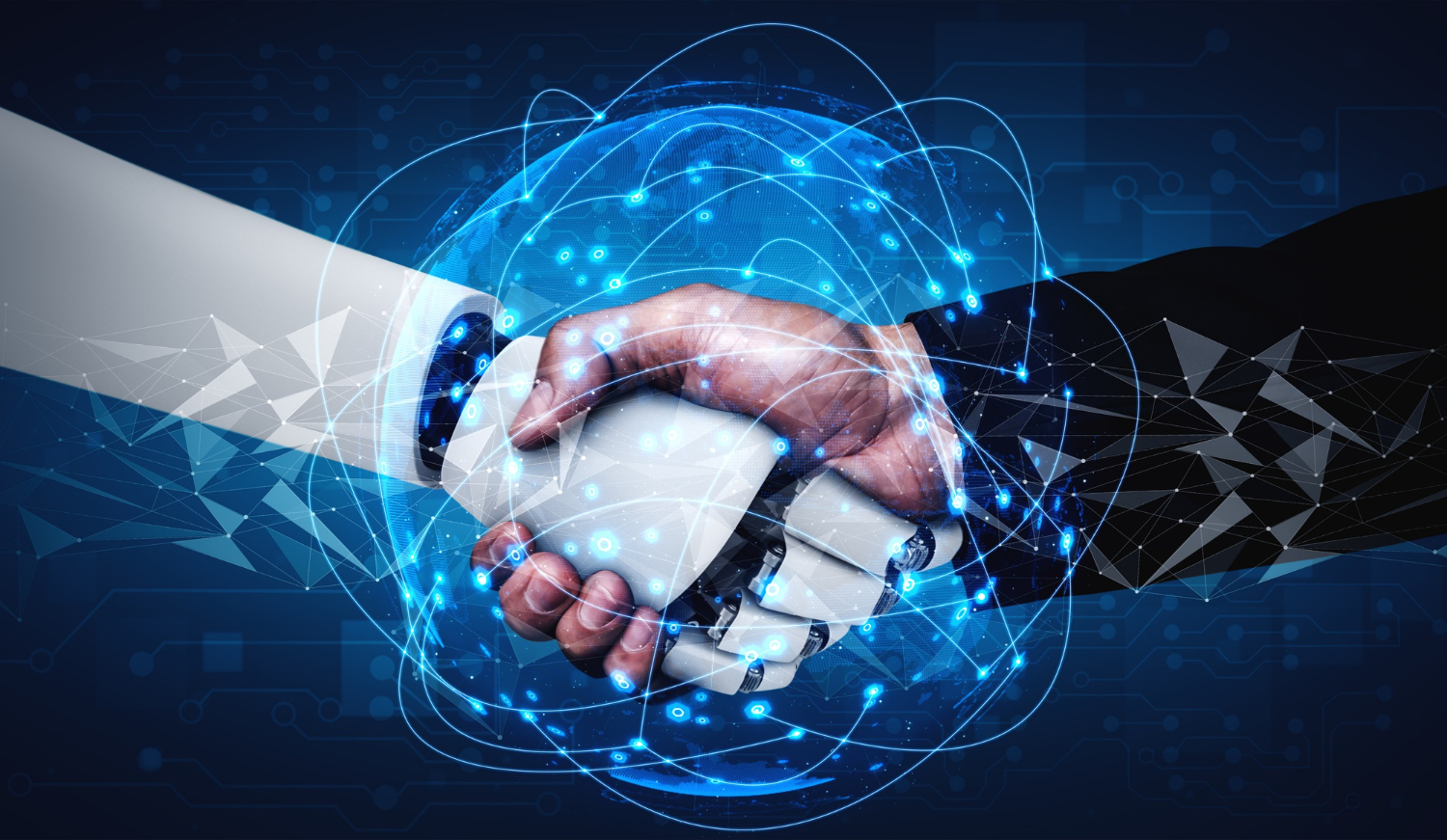Exploring the Future: Emerging Trends and Technologies in ERP
- fruiSCE
- /
- June 9, 2024
- /
- Views
Enterprise Resource Planning (ERP) systems have evolved significantly over the years, becoming indispensable tools for organizations seeking to streamline their operations, enhance productivity, and drive innovation. As technology continues to advance at a rapid pace, new trends and technologies are reshaping the ERP landscape, offering exciting opportunities for organizations to stay ahead of the curve. In this blog, we'll delve into the emerging trends and technologies shaping the future of ERP and discuss how organizations can leverage these innovations to achieve their strategic objectives.
Cloud-based ERP Solutions:
Cloud-based ERP solutions have gained widespread adoption in recent years, offering organizations greater flexibility, scalability, and cost-effectiveness compared to traditional on-premises deployments. By leveraging cloud infrastructure and services, organizations can access ERP functionality from anywhere, at any time, and scale resources according to changing business needs. Cloud-based ERP also enables seamless integration with other cloud-based applications and platforms, facilitating data sharing and collaboration across the organization.

AI and Machine Learning:
AI and ML technologies are revolutionizing ERP systems, enabling organizations to automate repetitive tasks, analyze large volumes of data, and derive actionable insights in real-time. AI-powered ERP solutions can optimize resource allocation, predict demand, detect anomalies, and personalize user experiences, leading to improved decision-making and operational efficiency. From intelligent process automation to predictive analytics and virtual assistants, AI and ML are transforming ERP into intelligent systems that drive innovation and competitive advantage.
Internet of Things (IoT):
The Internet of Things (IoT) is transforming how organizations collect, analyze, and act on data from connected devices and sensors. In the context of ERP, IoT enables organizations to monitor and manage assets, track inventory levels, and optimize production processes in real-time. By integrating IoT data with ERP systems, organizations can gain visibility into their operations, proactively identify issues, and optimize performance across the supply chain. Whether it's predictive maintenance, asset tracking, or inventory optimization, IoT-enabled ERP systems offer new opportunities for efficiency and innovation.
Blockchain Technology:
Blockchain technology is revolutionizing how organizations manage transactions, contracts, and supply chain processes. In the context of ERP, blockchain enables secure, transparent, and tamper-proof record-keeping, ensuring data integrity and trust across the organization. By leveraging blockchain technology, organizations can streamline cross-border transactions, track the provenance of goods, and ensure compliance with regulatory requirements. Blockchain-enabled ERP systems offer enhanced security, transparency, and efficiency, paving the way for new business models and opportunities.

Edge Computing:
Edge computing is emerging as a critical enabler for real-time data processing and analysis at the edge of the network, closer to where data is generated. In the context of ERP, edge computing enables organizations to process and analyze data from IoT devices, sensors, and connected equipment in real-time, without relying on centralized cloud infrastructure. By decentralizing data processing and reducing latency, edge computing enhances the responsiveness and agility of ERP systems, enabling faster decision-making and more efficient operations.
Augmented Reality and Virtual Reality:
AR and VR technologies are transforming how organizations visualize, interact with, and analyze data in ERP systems. In manufacturing and field service industries, AR and VR enable technicians to access real-time information, instructions, and visualizations overlaid onto physical objects or environments. By integrating AR and VR with ERP systems, organizations can improve training effectiveness, reduce error rates, and enhance situational awareness, leading to safer, more efficient operations.
As ERP systems continue to evolve, organizations must stay abreast of emerging trends and technologies to remain competitive in today's digital economy. From cloud-based deployments and AI-powered insights to IoT-enabled operations and blockchain-enabled transactions, the future of ERP is filled with exciting possibilities. By embracing these innovations and leveraging them to their advantage, organizations can unlock new levels of efficiency, agility, and innovation, positioning themselves for success in the years to come.
